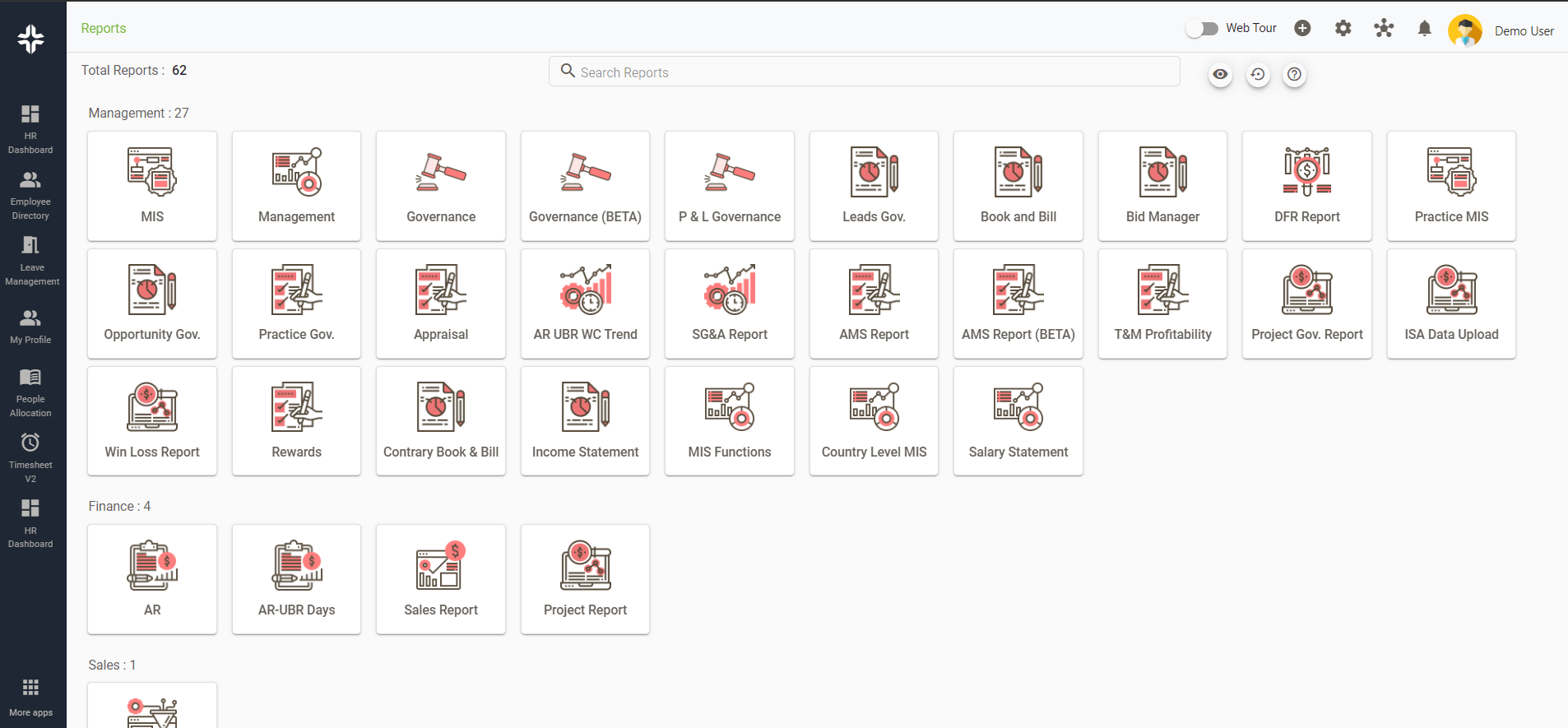
What is Ad-hoc Reporting?
Ad-hoc reporting refers to the creation of unique, one-time reports that aren’t part of an organization’s routine reporting. These reports are typically generated in response to a specific query or requirement and are tailored to address particular concerns.
In the context of Professional Service Automation (PSA), ad-hoc reporting allows businesses to extract specific data and insights, offering flexibility beyond standard reports.
Importance of Ad-hoc Reporting
In the dynamic world of professional services, the ability to generate custom reports on-the-fly is invaluable. Here’s why:
1. Flexibility: Standard reports might not always cater to unique requirements. Ad-hoc reporting fills this gap.
2. Timely Decision Making: Instant access to specific data means quicker decisions. For instance, if there’s a sudden need to analyze financial data, ad-hoc reports can provide insights without waiting for the next scheduled report.
3. Client Satisfaction: Delivering tailored reports to clients can enhance transparency and trust.

Why Ad-hoc reporting requests is so important?
Calculating Ad-hoc Reporting
While there isn’t a “formula” for ad-hoc reporting, a structured approach can be followed:
Step 1: Identify the Requirement – Understand what specific information is needed.
Step 2: Data Extraction – Use tools or software like KEBS to pull the relevant data.
Step 3: Data Analysis – Analyze the extracted data for insights.
Step 4: Presentation – Present the data in a comprehensible manner, using charts, graphs, or tables.
Example: Imagine a scenario where a PSA firm wants to analyze the efficiency of its resource management over the past quarter. An ad-hoc report can be generated to compare allocated hours vs. actual hours worked.
Ad-hoc Reporting vs Standard Reporting
While both are essential for a business, they serve different purposes:
- Purpose: Ad-hoc is for specific, one-time queries, while standard reports are routine and periodic, like monthly sales reports.
- Flexibility: Ad-hoc reports are more flexible, allowing for customization. Standard reports follow a set format.
- Complexity: Ad-hoc reports can sometimes be more complex due to their tailored nature. Standard reports are usually straightforward.
| Aspect | Ad-hoc Reporting | Standard Reporting |
|---|---|---|
| Definition | Custom, on-the-fly reports generated as needed. | Pre-defined, structured reports based on specific criteria. |
| Purpose | Addresses specific, unique, or unplanned data analysis needs. | Suitable for routine or regular reporting requirements. |
| Time Requirement | Faster to generate as they don’t require extensive setup. | Slower to set up due to predefined templates and configurations. |
Utilizing Ad-hoc Reporting in PSA
In PSA, ad-hoc reporting can be a game-changer:
1. Project Management: By generating on-the-spot reports, managers can get insights into project progress, resource allocation, and more.
2. Resource Allocation: Ad-hoc reports can provide real-time data on resource utilization, helping in effective resource management.
3. Financial Management: For financial analytics, ad-hoc reports can offer insights into cash flows, expenses, and more.
4. Client Management: Delivering custom reports to clients based on their unique queries can enhance client relationships.
Ready to Optimize Your Ad-hoc Reporting?
KEBS, a leading PSA software, offers robust ad-hoc reporting capabilities. With its intuitive interface, businesses can generate reports tailored to their needs. Whether it’s diving deep into ticket management metrics or analyzing the sales pipeline, KEBS makes ad-hoc reporting a breeze.

KEBS Reports
Ready to leverage the power of ad-hoc reporting for your PSA needs? Contact us today or get a demo to see KEBS in action.



